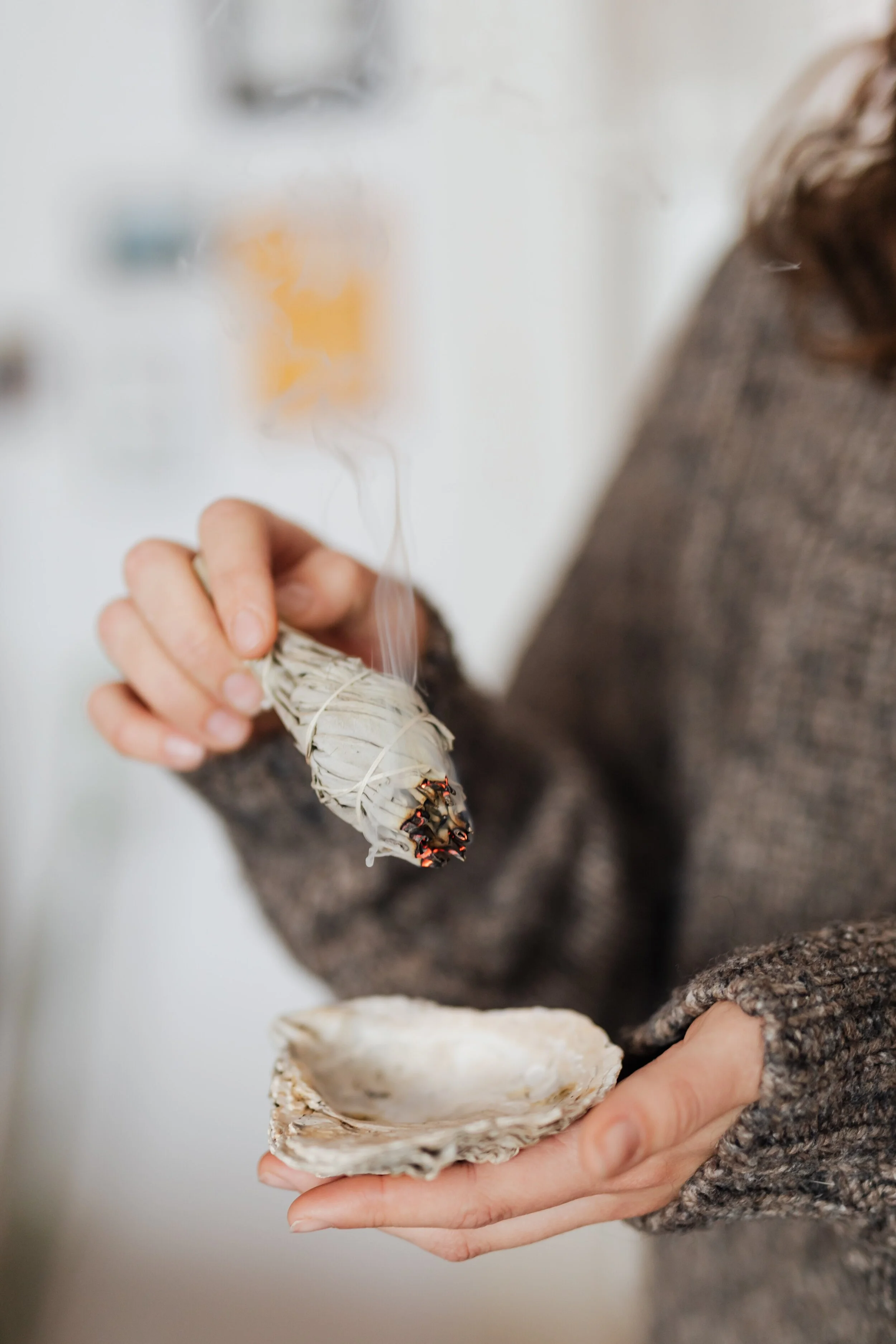Hope is Not Just a Feeling, it's a Plan
So we have made it this far. Over 100 days into a pandemic and everything still feels pretty unrecognisable. I have been struggling to identify why this still feels so emotional and difficult, and I think it is the realisation that we are not going back. And it has brought us to a place where we are trying to accommodate that loss with a need to go on. The last few months in many ways have in fact been defined by loss, some of them profound, from which no one has been untouched. I have lost 50 per cent of my work, a burgeoning relationship and all my childcare. I am aware that many have lost far more. But if you’d presented all that in one sentence to me as a previous possibility I would have thought that insurmountable.
Many of us have essentially spent years preparing for a future that will no longer come to pass. And while we are trying to grieve we are also now trying to emerge with some new direction. Because the strange truth is, some of the things we lost were not worth keeping. The stress, the pace, the pressure, the materialism on steroids and yawning chasms between a sense of meaning and satisfaction and what we were actually doing with our lives were just some of them. So now we want to resolve feelings of change and of passing with a need to move forward again, and it is completely new.
So perhaps, given this grief, and place we find ourselves in, it is to those skilled in loss and bereavement that we need to turn. Psychotherapist Esther Perel recently cited Julia Samuel, who has spent over 30 years helping people deal with loss. Her approach to grief hinges on a fundamental human heeling. Hope. “Hope,” says Samuel, “is more than a feeling. It’s a plan.”
the importance of hope
The profound understanding of the importance of hope to us – not just as a wishy-washy, loose concept, but something with real agency and intent – is vital to this moment we are living in, and to feeling energised enough to carve out something new. Hope is in fact, to some, the most undervalued emotion of them all. US author and psychologist Jim Taylor defined it as “the wellspring from which all other good emotions emerge. It is the basic belief that good things will happen. Hope creates possibilities.”
It is so important to us in fact that American psychologist C. R Snyder did a whole study on it, devising The Adult Hope Scale, (AHS) and defining hope as "a positive motivational state that is based on an interactively derived sense of successful agency (goal-directed energy), and pathways (planning to meet goals)". In terms of psychology, it is seen as an essential life force. And not just to us as individuals but also in terms of how we behave in a collective way. If we didn’t hope for a better life, for change, a better world, we wouldn’t vote, ask anyone on a date or even recycle our plastic. It is the engine to action. The motivation to stay in the game.
Hope, it is important to note, from what studies have found, works very differently to something more vague; like wishing. Hope is a question of crystallising real aims, a kind of future-casting that helps you really identify where you want to go.
It is then followed by, Snyder discovered, clear ways of working out how you can make it happen, something he called ‘pathways thinking’.
Unsurprisingly, opposing emotions, like fear, can cut us off from feelings of hope. Which is why it is important to express the fears, share them, tease it out. While Snyder found that while these feelings could be barriers to our goals and make us feel negatively towards them, one of the fundamental ways around it was this ‘pathways thinking’, a way of coming up with multiple options to reach a goal. Devising these new pathways, asking questions ‘What is going on?’ and ‘Where do I want to go?’ and ‘What is stopping me?’ stimulated a kind of ‘agency thinking’, a positive mindset that can directly lead us to get there. All generated by a sense of hope.
And generating hope itself can be found when reminding yourself of past success. But also about addressing the idea of hope and hopelessness directly. The extreme state of hopelessness is associated with feelings of not wanting to go on, but what psychologists have found is that by recognising that these two feelings can actually co-exist is a powerful tool for feeling better. “The duality of fear and hope must be held with equanimity, thoughtfulness, and even humour and fantasy,” says Perel.
So even with fears, to keep hoping, keep planning, keep aligning to those places you always wanted to go is not a state of wellbeing, it is our way up, our way out.
Jessie Collins, July 2020.
What about you?
Tell us if you feel hopeful these days in the comments below…
join the conversation
share and comment below, we’d love to hear your thoughts…
















